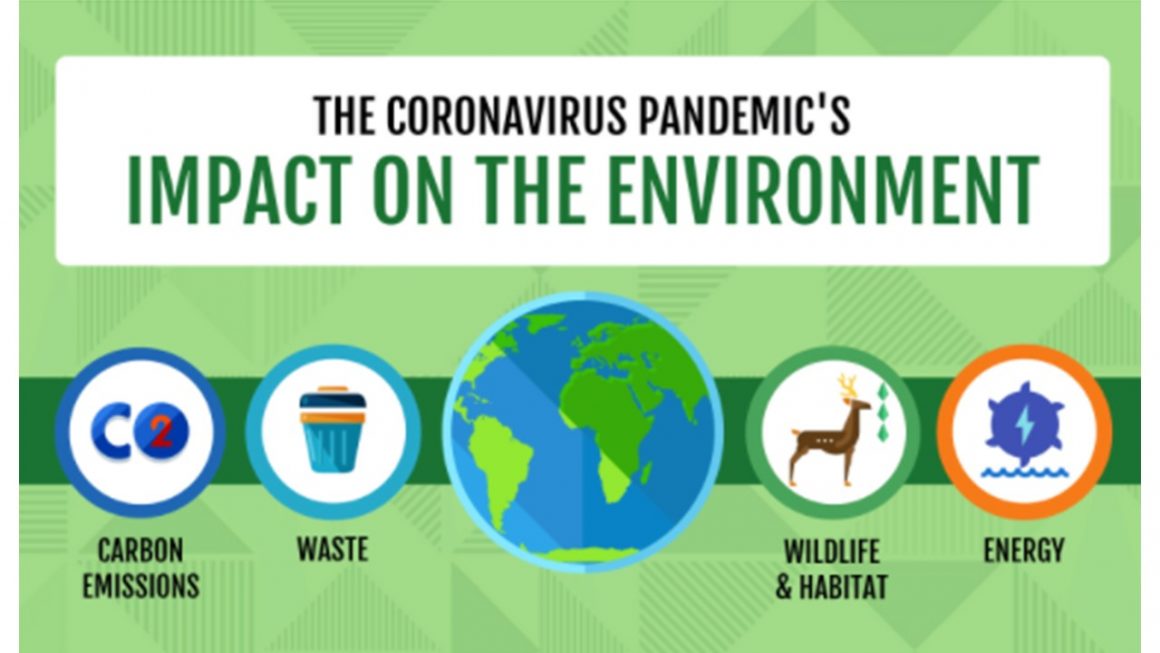Covid-19 has changed the way many of us live, work, and play as numerous health and safety restrictions have kept more of us at home more often. These changes have also impacted the environment in many ways. According to articles published in Heliyon and Venngage, the pandemic situation during lockdown/travel restrictions has had both positive and negative effects on the environment.
It is difficult to compare or balance the positive and negative impacts — like comparing apples and oranges. As you read through these lists, consider what changes and lessons you have gained from your personal Covid-19 experience.
Positive Environmental Impacts
- Significantly improved air quality in different cities across the world which leads to (temporary) improved health conditions.
- Reduced fossil fuel consumption and green house gas (GHG) emissions.
- Reduced resource consumption and improved water quality.
- Reduced transit activities and noise pollution with improved air quality.
- Reduced pressure in tourist destinations that promoted ecological restoration and pollution reduction.
Negative Environmental Impacts
At the same time there have been many activities that are detrimental to the health of earth, especially with the increased manufacture, use, and disposal of personal protective equipment (PPE); and reliance on the health care sector for safe and infection free treatment. Here are a few:
- Increased generation of medical and hazardous waste. In China, medical waste quadrupled to 200 tons per day at the height of the pandemic.
- Haphazard use and disposal of disinfectants, masks, and gloves which can lead to more plastic waste and environmental pollution.
- Increased municipal solid waste which can lead to more air, water, and soil pollution.
- Increased reliance on single-use plastics, including disposable food containers, which are petroleum derived and have negative environmental consequences.
- Fewer recycling options and activities which overall decrease conservation of resources.
- More online purchasing of goods. Did you know — one billion trees per year are needed to package shipped goods?
- The cost of Covid-19 to zoos could mean extinction for the 77 species of plants and animals that are extinct in the wild and exist only in zoological and botanical collections.
Temporary or Permanent Impacts?
The impact of Covid-19 on the environment may be temporary. However, there are lessons we have learned that will alter the way we live, work, and play in the future. Our modified post-pandemic habits will hopefully include less air travel, increased work-from-home options, more online/electronic communications, and increased use of public transportation. There are many other lessons we are each learning from Covid-19.
Please share your lesson with us.
Infographic by Bronwyn Kienapple, April 2020

